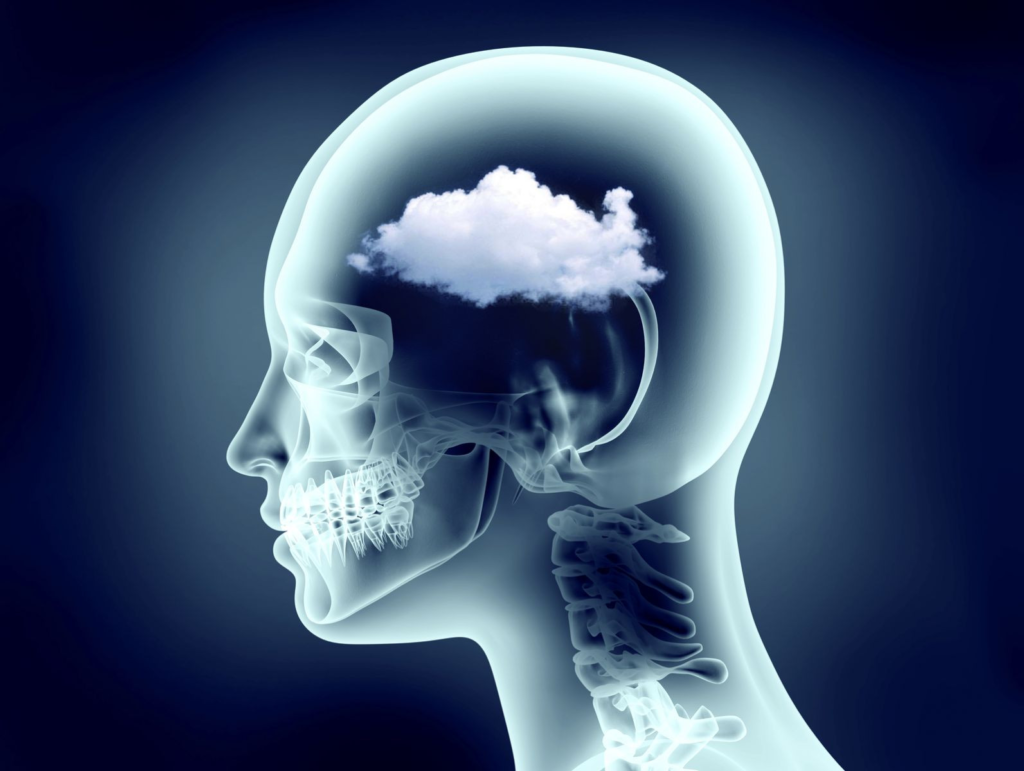Sleep is necessary for our health and well-being as it helps energize and heal us.
Chronic sleep deprivation might make you feel exhausted. And it also has long-term health repercussions. Problems with mental health can aggravate a lack of sleep.
It makes it more difficult for people already battling to make progress.
The inability to fall or stay asleep because of poor mental health is a vicious cycle that only worsens things.
The adverse effects on your emotional and physical health are cumulative, and breaking out of this cycle can be challenging. Further.
if you are looking for deep insights into sleep phenomena, you can explore Sweet Island Dreams to dig for more information on sleep.
Effects Of Sleep Deprivation On Mental Health
So, learning how sleep impacts one’s overall health is crucial.
Brain Fog

Our brains require sleep to perform at peak efficiency. Due to sleep deprivation, one may have “brain fog,” which manifests as a lack of clarity and the inability to focus.
When you haven’t had enough sleep, remembering details or formulating an appropriate response can be more challenging.
It’ll be hard to get much done because your brain won’t function at peak efficiency until it’s had a good night’s sleep.
Changes in Behavior

Disturbed behavior may accompany a shift in mood. Irregular behavior, hyperactivity, and outbursts of emotion are signs of sleep deprivation.
Also, sleep deprivation can make it challenging to communicate with others.
You may behave unpredictably and believe you have a short fuse.
For example, you may yell at a coworker for making a mistake or walk out of a conversation whenever anyone says something that irritates you.
Mood Swings

Mood swings, including heightened irritation, have been linked to insufficient sleep. One study found that sleep loss contributed to participants’ reports of anxiety and despair.
According to studies, not sleeping enough can make you snappier and more aggressive. This is because you cannot suppress the amygdala’s responsiveness while sleep deprivation is present.
Stress
Lack of sleep can make it even more challenging to deal with any stress, no matter how small. Struggles we encounter every day have the potential to build up to be quite frustrating situations indeed.
Everyday stresses may leave you feeling overwhelmed.
Even just considering how little sleep you got the night before will raise your stress levels. You’re stressed because you need to sleep well but are afraid of sleeping.
Psychotic Symptoms
Intense sleep deprivation has been associated with the emergence of transient psychotic symptoms.
For example, after 24 hours of sleep deprivation, some study participants reported hallucinations and other cognitive abnormalities. Some reported both delusions and hallucinations after 60 hours.
The Effects of Sleep Deprivation on Mental Disorders
Sleep has been shown to significantly affect the signs and symptoms of mental illness. Though more study is needed, scientists believe that sleep deprivation may play a role in the onset of mental health disorders.
Depression
Depression can manifest itself through insomnia and other sleep disturbances. However, recent studies have linked sleep deprivation to the development of depression itself.
Research from 21 studies shows that people who have problems sleeping are twice as likely to get depression.
Anxiety
Anxiety and sleep disturbances seem to have a reciprocal link. This is the case with many other mental health issues.
For example, anxious people are more likely to have sleep problems. But not getting enough shut-eye might worsen anxiety symptoms.
A lack of sleep and anxiety may become self-perpetuating if this pattern is not broken.
Post-traumatic Stress Disorder
80 to 90 percent of patients with PTSD also experience insomnia. Sleep deprivation is thought to have a role in the onset and persistence of the disorder.
Bipolar Disorder
People who have bipolar disorder frequently experience sleep disruptions. Examples of sleep disorders include being unable to fall asleep, waking up at odd times, and having terrifying dreams.
Manic or hypomanic symptoms may also result from little sleep. If you have bipolar disorder and have trouble sleeping, speak with your doctor.
ADHD
According to available studies, sleep difficulties have been linked to ADHD and may play a role in predicting or exacerbating ADHD symptoms.
Children with ADHD are more likely to have sleep problems, with between 25 and 55 percent of those surveyed reporting difficulties getting to sleep.
Schizophrenia
Sleep timing is more problematic than quantity for those with schizophrenia. People with schizophrenia often have non-consolidated sleep, meaning they nap intermittently throughout the day and night.
The risk here is worsening symptoms, including hallucinations and voice hearing, that are associated with schizophrenia.
Final Thoughts
Sleep deprivation has been shown to have serious consequences for physical health and mental and emotional well-being.
It has been suggested that sleep abnormalities manifest as a symptom of sadness and anxiety and play a causal role in developing these conditions.
It is crucial to deal with sleep issues as soon as they are noticed to safeguard your health and well-being. Changing your habits to get a better night’s sleep may help, but it’s best to see a doctor if you’re still having trouble.

Jean Smith is a fitness enthusiast and blogger who focuses on fitness and a healthy lifestyle. She is passionate about assisting people in living healthier lifestyles and is constantly on the lookout for new and creative methods to stay fit and healthy. Her articles are excellent resources for anyone interested in improving their health and fitness.
